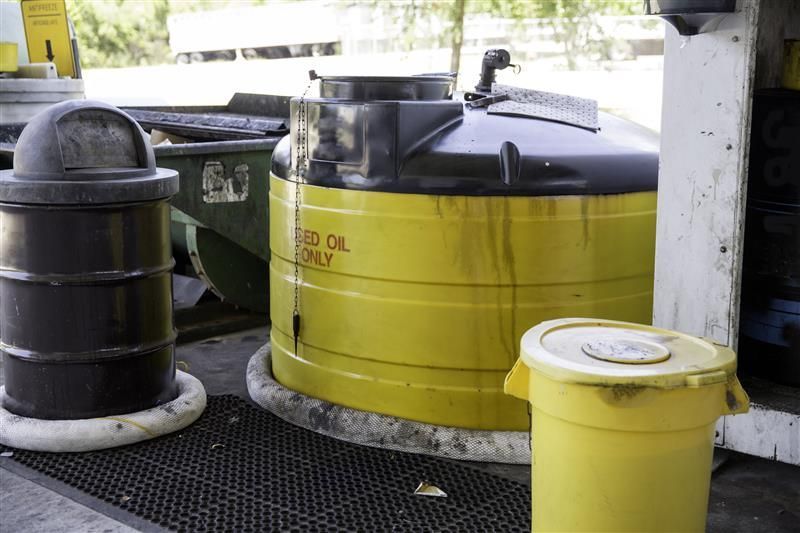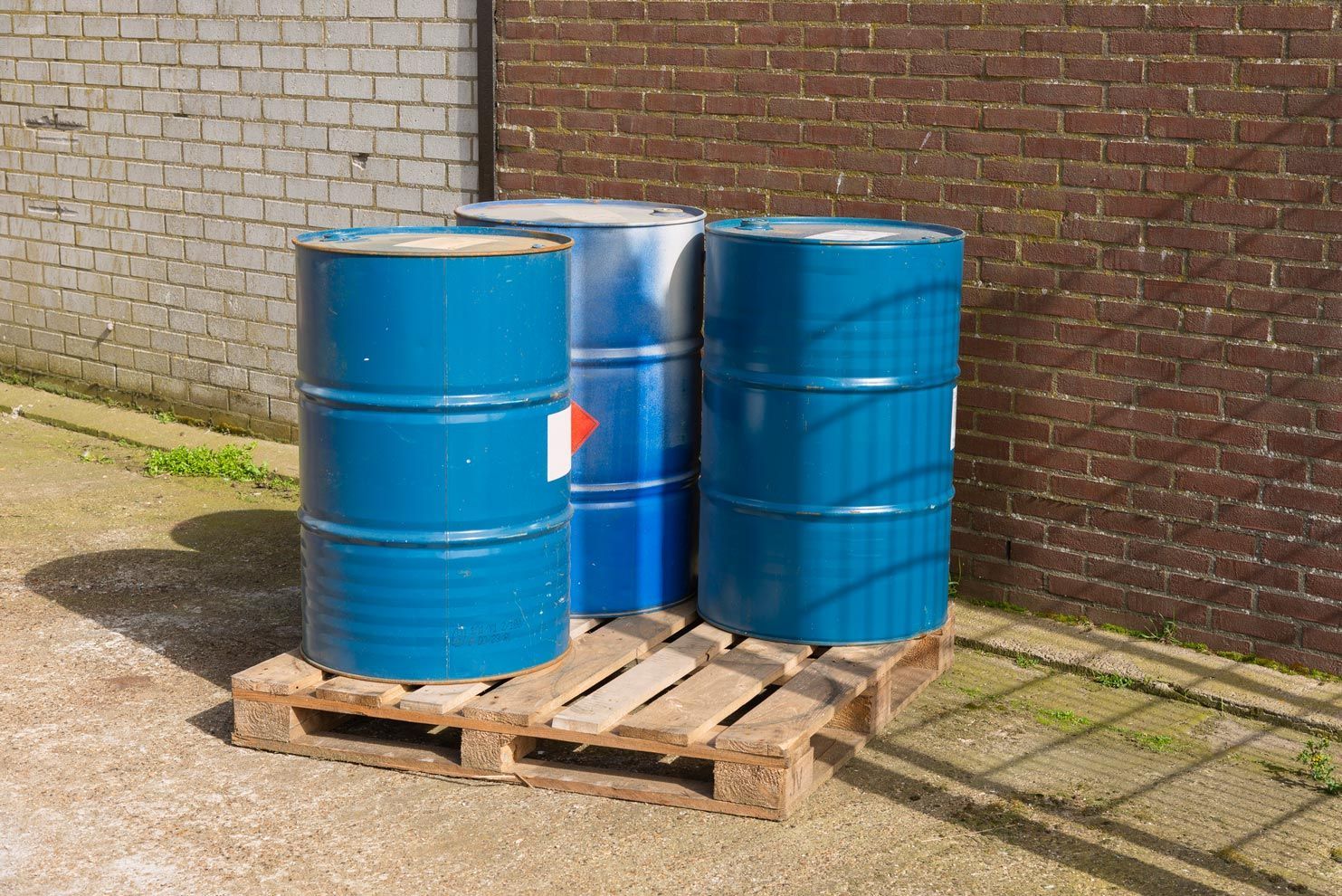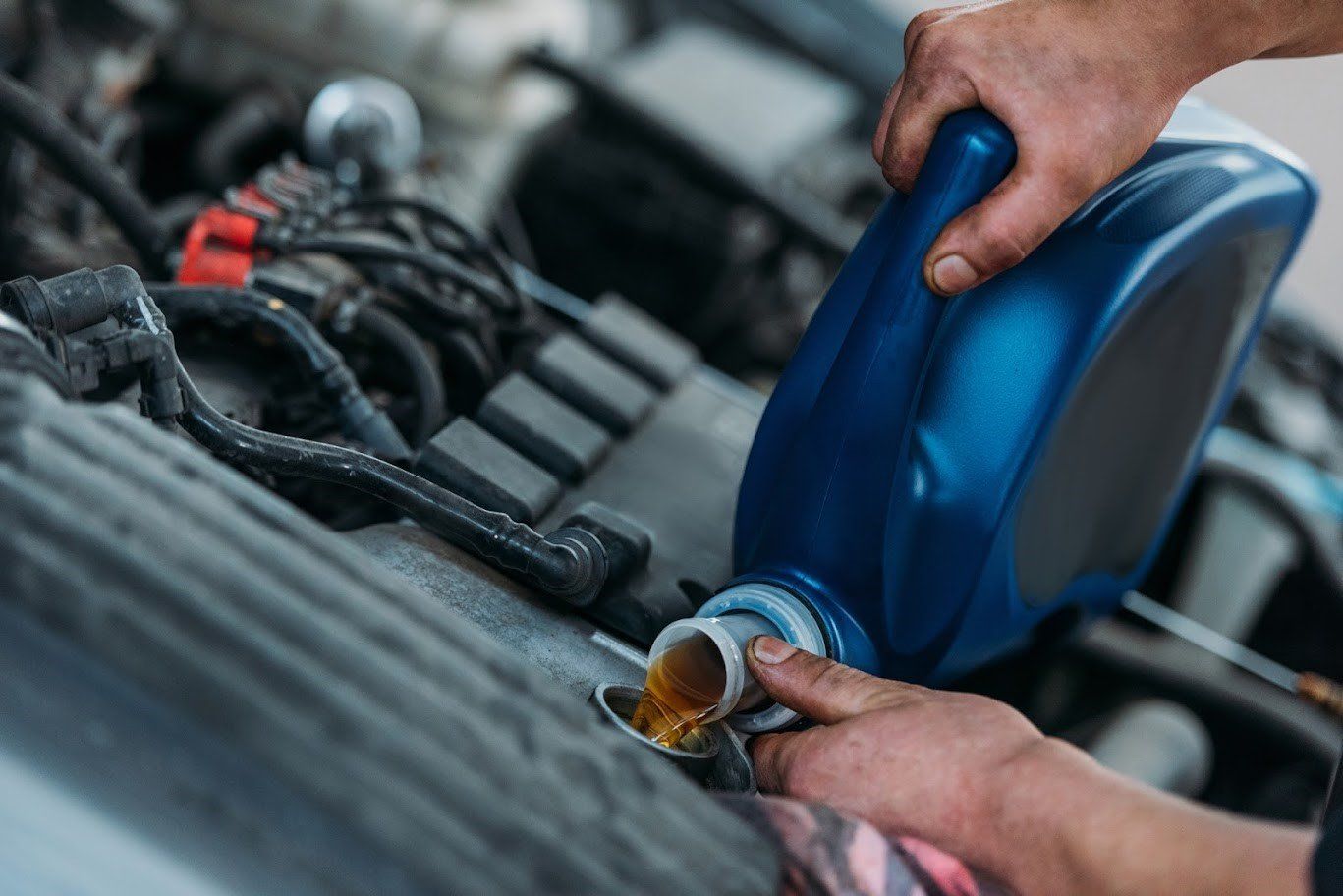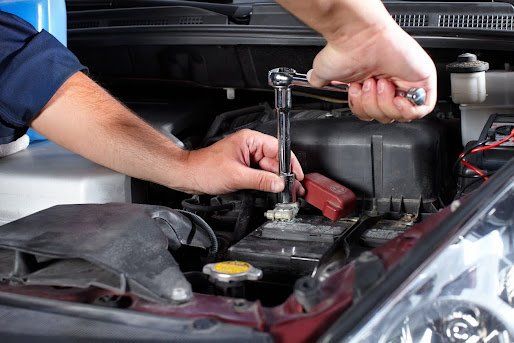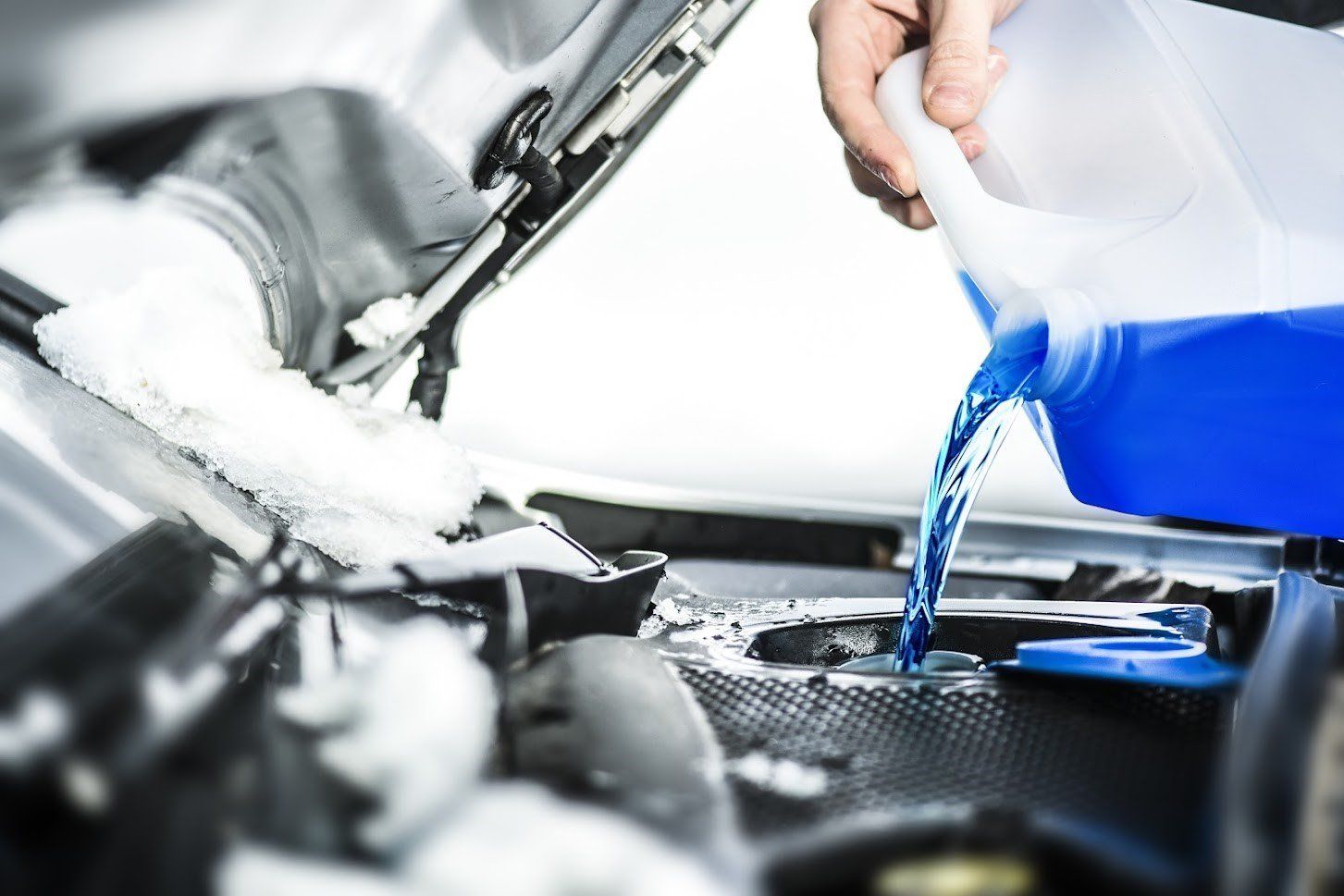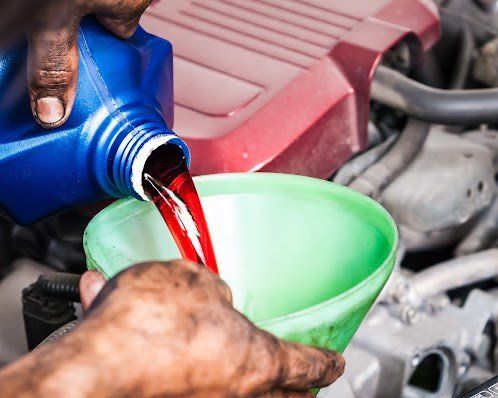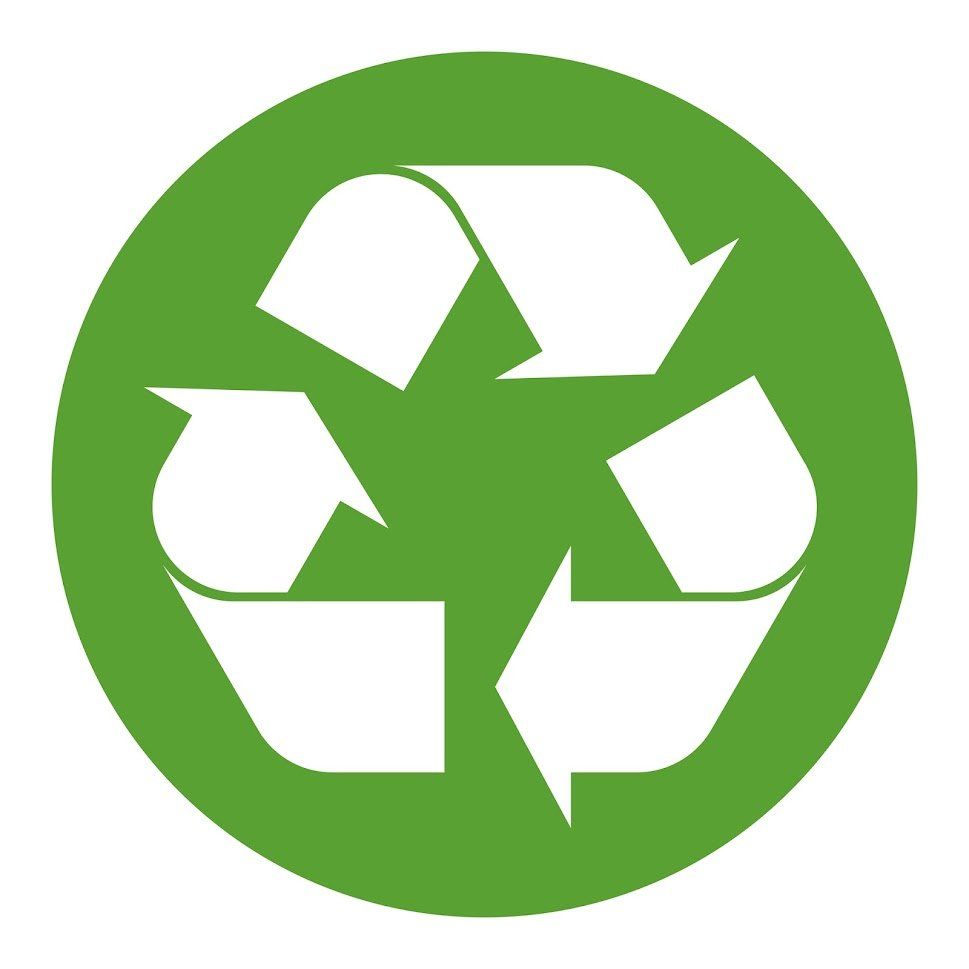Tips to Start a Waste Oil Collection Business
July 20, 2020

Recycling used oil is beneficial
to individuals, companies, and the environment. Recycling companies depend on small businesses and individuals to obtain the used oil. Thus, you can start a business to collect the oil from individuals or businesses, deliver it to the pickup sites, and sell it to the recycling companies.
This business is quite flexible, but you have to be prepared before you commence operations. Also, you need to have the right knowledge to run a successful business. This guide provides you with tips to start a waste oil collection business.
Determine Your Niche
Different types of oils can be recycled, so you have to determine which ones you will focus on. Examples of recyclable oils include motor oil, kerosene, cooking oil, and petroleum-based products. You can decide to collect all types of oils or entirely focus on petroleum-based products such as antifreeze.
Your niche helps you identify your target sources and the market quickly. For example, if you focus on cooking oil, you will create partnerships with restaurants and residents. If you choose motor oil, you will partner with car washes and auto-repair businesses that recycle motor oil.
You need to consider various factors before you pick a niche. For example, you should consider the distance between your site and the recycling company that is within your niche. Also, choose an oil type that has a high number of clients.
Most people don't use rarer oil types; if you want to collect these oils, you may have a hard time finding clients.
Another aspect that you should put in mind is the recycling value. Recycling companies buy oils at different rates based on the type and other factors. Thus, you should take time to research the recycling value of different waste oils.
This tip can help you choose a waste oil type that will help take your business to the next level.
Obtain Licenses and Insurance
Now that you have decided on the type of waste oil you want to recycle, you need to obtain licenses. The government and relevant regulatory agencies should recognize your business.
Besides the business's licenses, you may also need commercial driver's licenses that allow you to drive large trucks to the recycling companies. You can also hire a driver with the relevant licenses.
Insurance is also vital in this business. Buy insurance coverage that can shield you from liabilities as you run your business
Find a Storage Location
You need to have a safe location where you will store the collected oil before transporting it. The site needs to be far from residential areas for safety purposes. You should have adequate security and access control systems.
Purchase Equipment
After you have found a storage site, you should invest in storage tanks to hold the oils. Ensure that you get several plastic tanks that can hold up to 10,000 gallons so that you don't run out of space when orders are high. You can start with small containers and buy more as your business grows.
Moreover, you should label the containers so that you don't mix the oils. Work with professional contractors to help you choose your containers and position them safely based on government regulations. The containers should be closed at all times to prevent contamination from external elements.
Understand Your State's Rules
States have different rules on waste oil collection. Go through the guidelines, preferably with an attorney, to ensure that your business abides by them. Recycling companies gravitate towards collectors who observe the regulations.
The regulations are specific to the type of waste oil that you collect. Thus, you should pay close attention to the rules that focus on your particular waste oil in addition to the standard regulations.
The waste oil collection business is growing as more people appreciate the benefits of recycling used oil. Denver Oil offers oil collection services. Contact us
today for more information.

